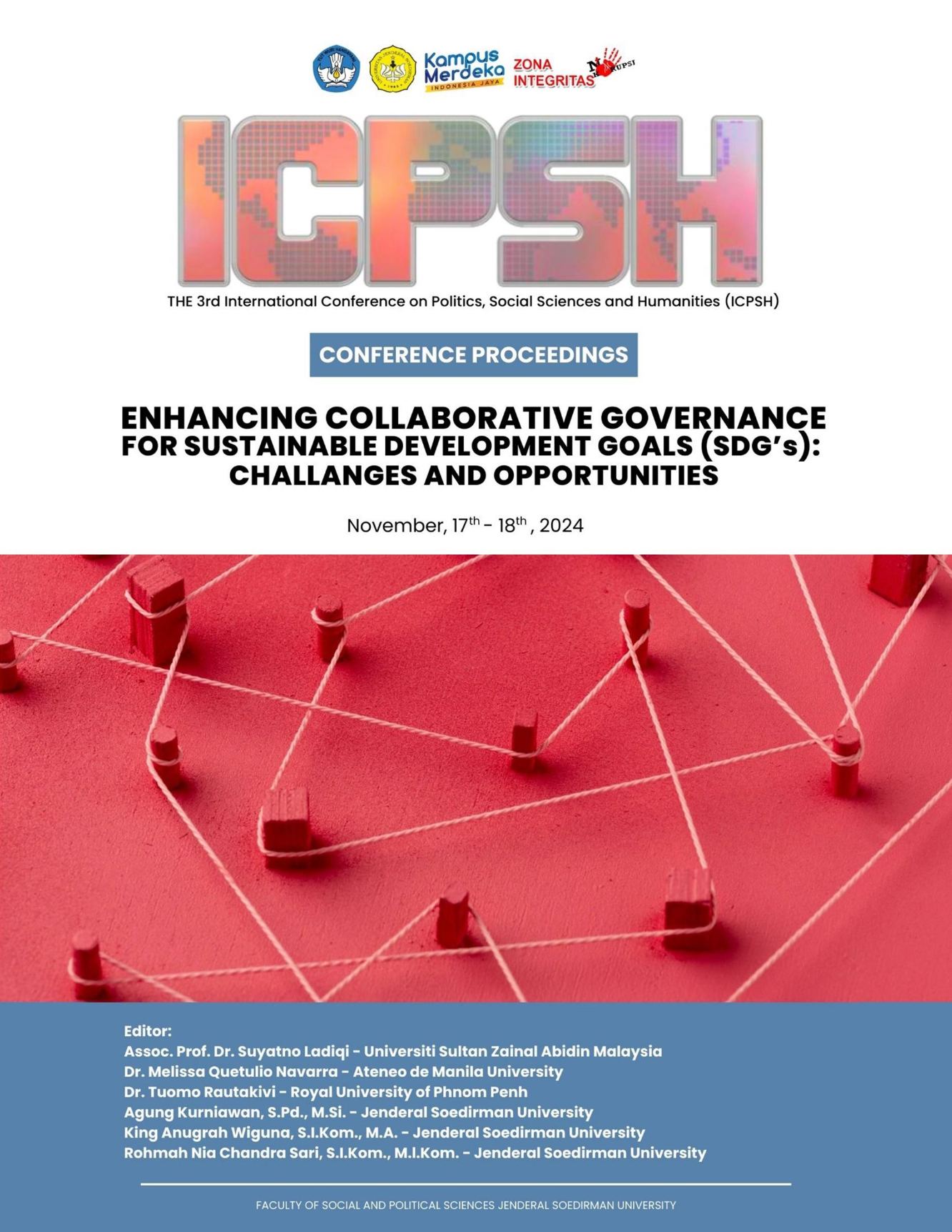Challenging Patriarchy: The Resource Mobilization of 4B Movement in South Korea
Abstract
The 4B movement emerged in South Korea in 2019 as a response to the dominance of patriarchal culture in various aspects of South Korean society. 4B as part of feminism carries 4 main values, namely bihon (refusal of marriage), bichulsan (refusal of childbirth), biyonae (refusal of romance), and bisekseu (refusal of sexual relationships). These values symbolize the rejection of patriarchal domination and reappoint the degree and role of women in the social, political, and economic life of South Korea. This research discusses how the 4B movement mobilizes its resources to achieve its goals in opposing patriarchal domination in South Korea. Using Bob Edwards and John D. McCarthy's theoretical framework of social movement resources and mobilization, resources consist of moral resources (such as public opinion and support from allies), cultural resources (such as shared values and beliefs), social-organizational resources (such as networks and coalitions), human resources (such as skilled volunteers and leaders), and material resources (such as funding and equipment), the movement was able to achieve significant impact. These resources can be applied using 4 mechanisms, namely aggregation (gathering resources from various sources), self-production (generating resources internally), co-optation/takeover (gaining control over resources belonging to others), and patronage (gaining support from external donors). The findings of this study show that the 4B movement can achieve significant goals by effectively mobilizing diverse resources and using appropriate resource access mechanisms. The 4B movement serves as a model for other social justice movements that want to challenge dominant power structures and create a more just society.



